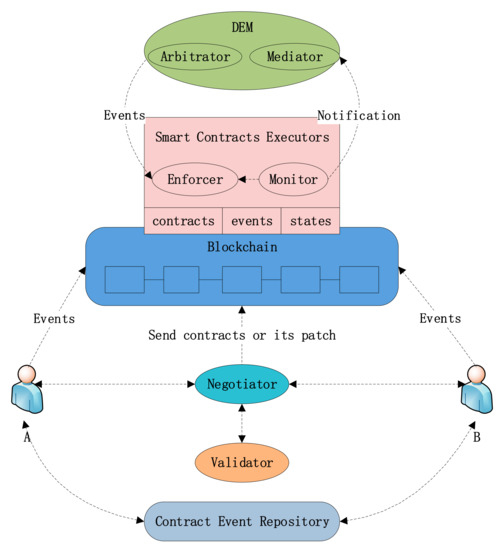A smart contract is the algorithmic description of a contractual transaction protocol that is automatically executed together with the information provided by its parties. It is written in a simplified programming language that is specific to a particular domain.
Not only correctness and unambiguity are its essential formal properties, but also conformance to any legislation governing the matter of the transaction. Finally, and importantly, the trustworthiness, safety and security of the platform executing the transactions are its main attributes. An emerging challenge is to define a proper engineering process to meet the demanding requirements while supporting mass production and distribution.
This paper proposes the concept of smart contract engineering (SCE) to facilitate the generation of smart legal contracts, which is the combination of software engineering, formal methods and computational law. SCE aims to reduce the potential errors and improve efficiency during the contract development process, meanwhile promote the standardization of contract design methodologies. In this paper, the roadmap of an iterative refinement-based, model-driven formal design methodology is introduced, not only to validate smart contracts but also to support the whole life cycle of their engineering. View Full-Text

Read more: https://www.mdpi.com/2079-9292/9/12/2042